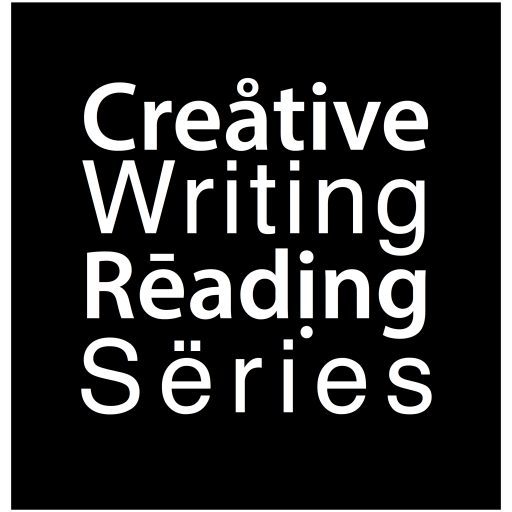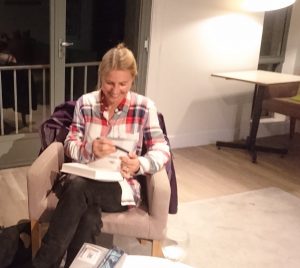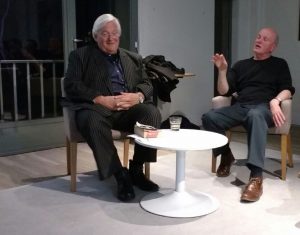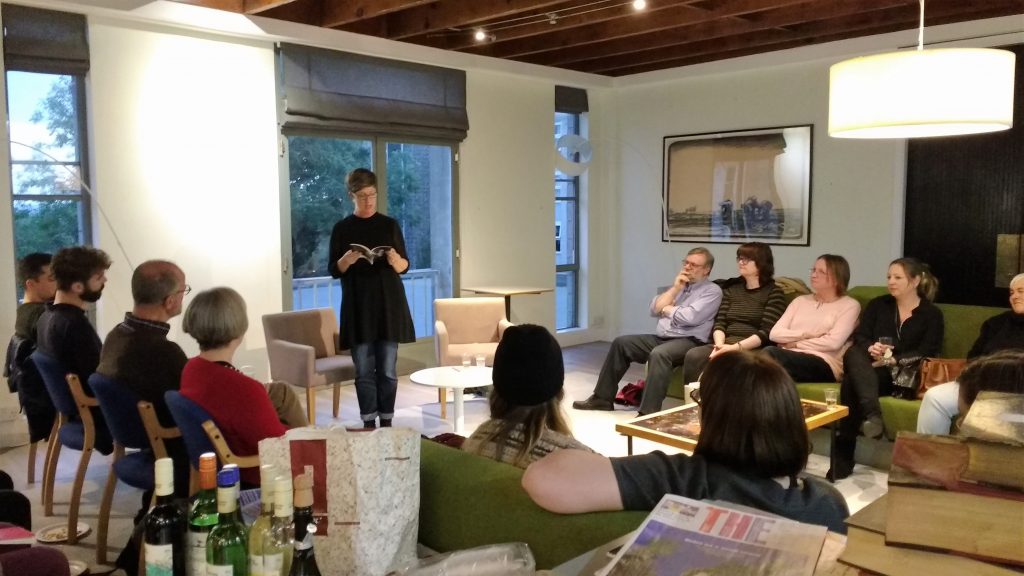This week we welcomed journalist and editor Kate Summerscale to discuss her latest book, The Wicked Boy, which documents the Victorian matricide committed by thirteen-year-old Robert Coombes and his younger brother, Nattie. When asked about the journalistic register of her novels, Summerscale said, “All I can do is be restrained with them. All the colour is in the original material, and it becomes about shaping it rather than constructing it.”
She also emphasised the role that research plays in her work. “It would devalue everything I found out if I made up even a little thing,” she said. With the Coombes story, she used transcripts of the trial and newspaper reports that were “fabulously rich in detail”. Transcripts from the Old Bailey included witness names and addresses, as well as verbatim accounts of witness statements. “In terms of reconstructing,” Summerscale said, “there was quite a wealth of material, including dialogue.” When deciding which material to include, particularly if there are conflicting accounts, Summerscale tests the versions against each other for the most verifiable sources, and utilises a bit of instinct for what is reliable and what isn’t. When deciding what details to include and what to leave out, Summerscale said, “If it interests me in terms of the structure, then I include it.” Adding to that, she clarified, “It doesn’t seem fair to the reader to throw in everything […] without steering a little bit.” As an example, she cited a newspaper interview a neighbour had given claiming the two boys were hooligans. The interview was included in the narrative, but with the caveat that it was the only instance on record and that the neighbour had “a vested interest in her friend portrayed as a good mother.”
The Wicked Boy is Kate Summerscale’s fourth book.



